September 12, 2023- 3RD OF 3
The Starlink Dilemma: Elon Musk's Decision Amid Ukraine-Russia Tensions
In the realm of geopolitics and global satellite internet networks, recent events have sparked a debate surrounding the role of SpaceX's Starlink in international relations. Amid growing tensions between Ukraine and Russia, Elon Musk's SpaceX found itself at the center of controversy when questions arose about the potential use of its Starlink satellite internet service by Ukraine for military purposes. This article delves into the complexities of this situation, Elon Musk's response, and the broader implications for the future of space technology in geopolitics.
Starlink: A Game-Changer in Connectivity
Before diving into the controversy, it's essential to understand the significance of Starlink. Launched by SpaceX, Starlink is a satellite internet constellation designed to provide high-speed internet access to underserved and remote areas globally. Its potential to bridge the digital divide and revolutionize internet connectivity has earned it global attention and praise.
Tensions Between Ukraine and Russia
Tensions between Ukraine and Russia have simmered for years, primarily due to Russia's annexation of Crimea in 2014 and ongoing conflicts in Eastern Ukraine. In this context, internet connectivity can play a vital role in communication, information dissemination, and even military operations. Starlink's widespread availability made it an attractive option for Ukraine to bolster its communications infrastructure.
Elon Musk's Controversial Decision
Amid concerns that Ukraine might utilize Starlink for military purposes, Elon Musk faced a difficult decision. In a move that stirred debates about the responsibility of tech companies in international conflicts, Musk publicly stated that SpaceX would not hesitate to deactivate or restrict Starlink services in conflict zones if requested by the relevant authorities, including international governments or regulatory bodies.
Musk's decision was based on a desire to prevent the escalation of tensions and to avoid being inadvertently drawn into a conflict. However, it sparked criticism and debate about the role of private companies, particularly those operating in space, in international politics. Some argued that Musk's statement was a responsible approach to prevent misuse of technology, while others saw it as a potentially dangerous precedent.
Broader Implications
The Starlink dilemma highlights the increasing intersection of technology and geopolitics in the modern world. Private companies like SpaceX have the power to shape global communications infrastructure, and their decisions can have far-reaching consequences in times of international conflict. The incident also underscores the need for clear regulations and international guidelines regarding the use of space-based technologies, particularly in conflict zones.
Elon Musk's decision regarding Starlink services in the context of Ukraine-Russia tensions has ignited a debate about the role of private space companies in global geopolitics. While Musk's intention was to prevent the misuse of technology, it raises questions about the responsibility and potential influence of private entities in international conflicts.
As space technology continues to advance, governments, international organizations, and private companies must work together to establish clear guidelines and regulations to navigate the complexities of a world where connectivity and communication can play a pivotal role in conflicts and peacekeeping efforts. The Starlink dilemma serves as a reminder that the future of technology and geopolitics is increasingly intertwined, requiring thoughtful and responsible decision-making.











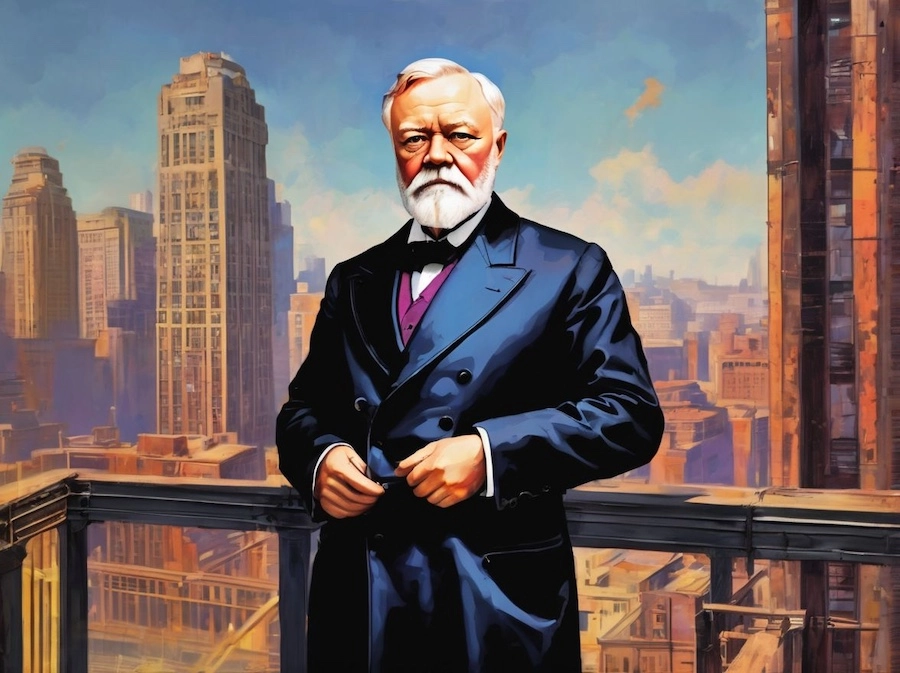
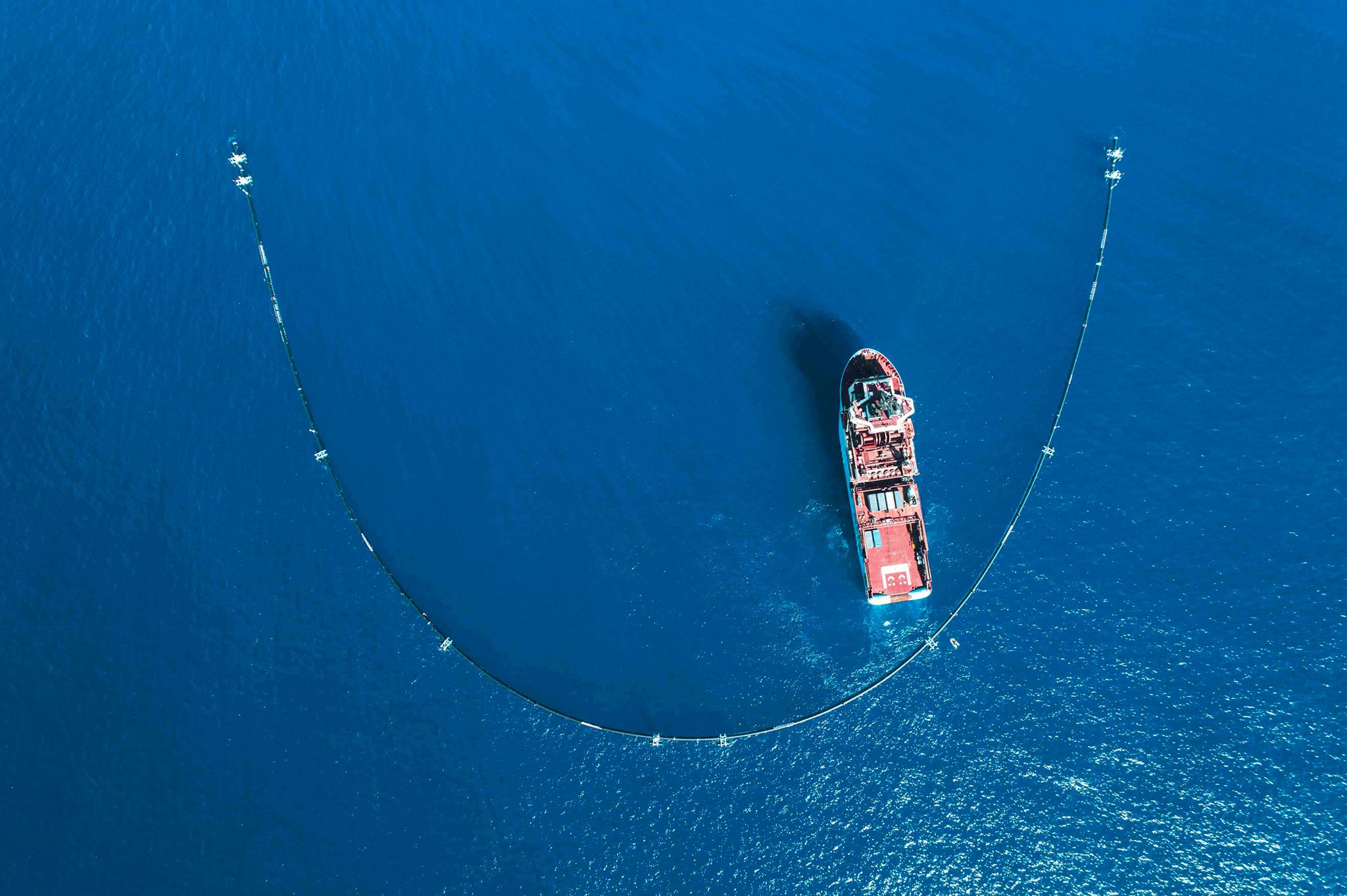




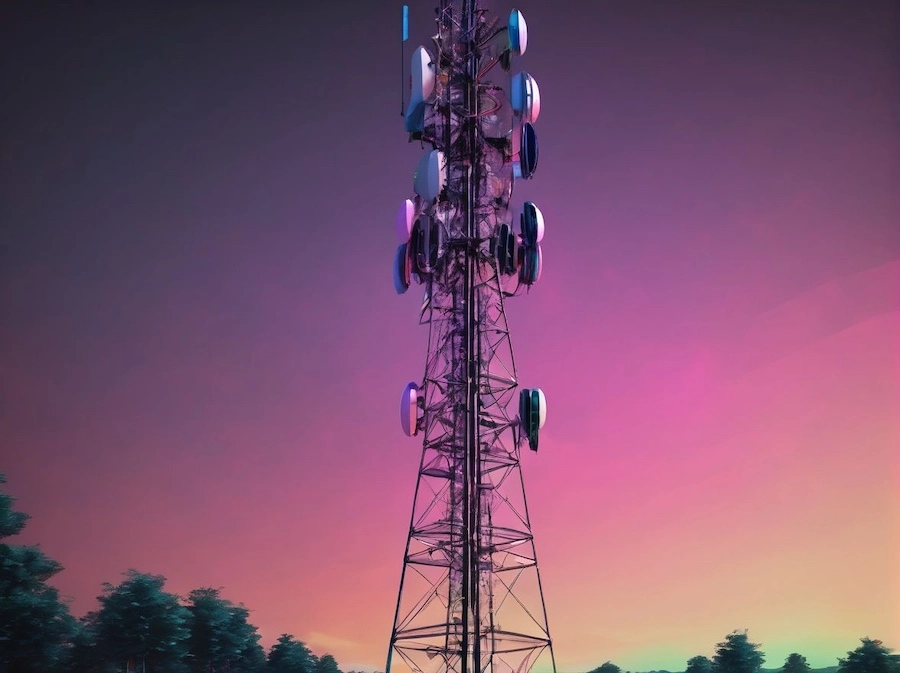





















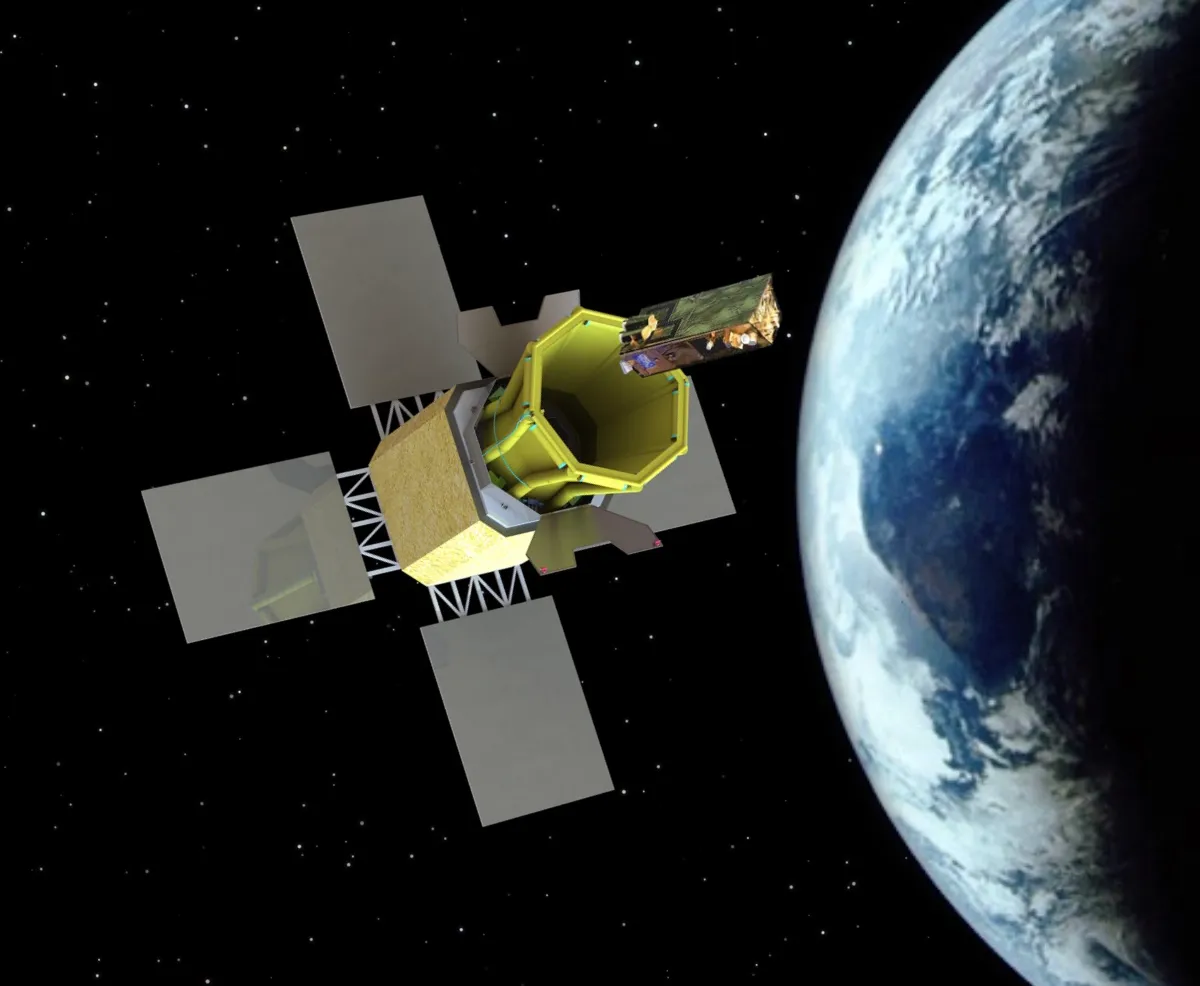


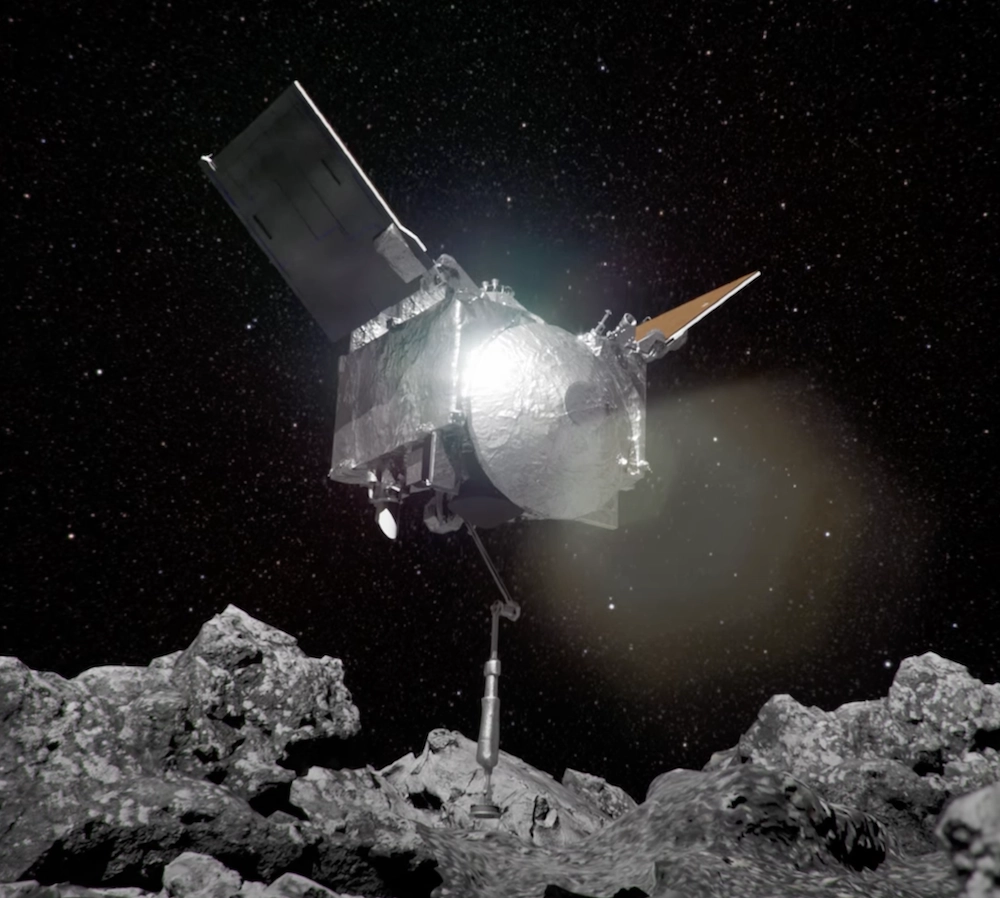







.webp)
.webp)













































